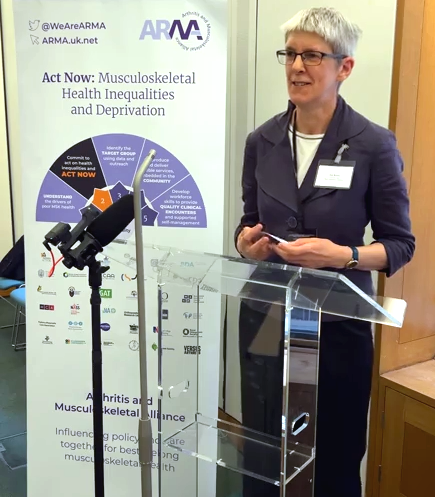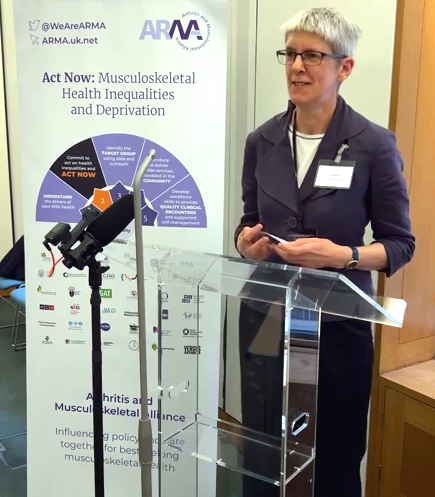 by Sue Brown, CEO ARMA
by Sue Brown, CEO ARMA
On the morning of 5 July 2024, ARMA members gathered on Zoom for initial reflections on the election result. The date had been set many months ago, and it wasn’t the ideal timing. Since then, we have had a little more time to see just what the new government would do. It is too early to say if this will be a turning point for the future of health and healthcare, but they have certainly not wasted any time.…
Read more of this article




 by Sue Brown, CEO ARMA
by Sue Brown, CEO ARMA